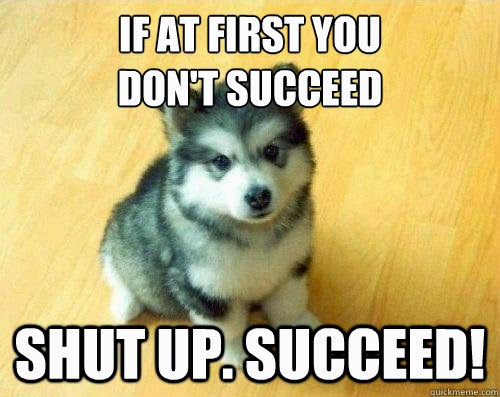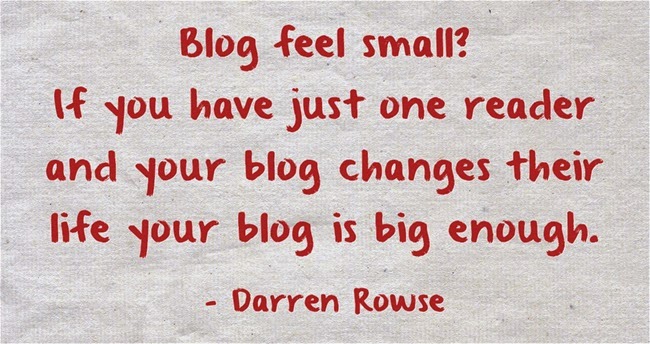Do Writing Goals Help You?
What does writing goals have to dow with writing?
Yesterday I wrote about goals and writing. I talked about daily goals, the ones where you have a plan for each day as to how much or to what quality you are writing for. But I never really spoke about weekly, monthly, and most importantly yearly goals. It doesn’t help much to have a daily goal if you don’t have a long term idea. It is somewhat like saying you know where you will be going long term, but having a map or anything to help you get there. Worst still you can argue that you have goals, and they help, but when it comes down to it, you cheat on something because the goal wasn’t really a goal.

Let me give you an example, when I was younger, or a much more naive writer, I used to “write three pages per day” but I also cheated a bit and three pages could be editing, revisions, new writing. Anything. It didn’t work. Well, it did I followed my goal correctly, I will admit to this, but the problem was my goal was too vague and too general and was a disaster in the making. The problem was it wasn’t a goal but rather a way to get out of doing the hard things I didn’t like. If my goal was “write 500 new words for my 80,000 word book a day” it would make a difference, it’s there it’s concrete and doable. I can’t get sidetracked, and people can ask me if I wrote my 500 words.
The same can not be said when it comes to long term goals. I was always stumped when it came to getting long term goals down on paper. Goals that were more than a week in the future for some reason bothered me. Then I took a course at Gotham writers, based in New York, the topic was on starting your novel or non fiction book. Great class, my first writing class which was online, and the teacher talked about: setting long term goals. Not just daily goals but yearly goals, monthly goals. Different types of goals.
The next step was outlining your goals.
So, yes it does help to have writing goals as long as you think both long-term and short-term. This is where outlining your goals comes into play, the more you have an idea of what you want in your life. A goal needs some work, and outlines are the most important part of setting the right sort of goal. What I have learned to do is to take a sheet of paper and write a big huge “goal.” Then like a brainstorming session, I break it down.
How is this goal going to help me as a writer?
How many steps will this take?
How long will it take me to get there?
What sort of goals can I achieve in the time I have to do this?
What steps are the most important?
Where do I go from here?
Generally these questions can be answered with some sort of one or two word bubbles. Or, I can go deeper and break them down. The more mini goals in my outline, the more I can clearly see the end of the road and the picture I have in my mind. I can build a plan. A goal is really the end of the plan, so you could say that the “big huge goal” is really the end of the plan. This was where I didn’t see the forest for the trees. I had my daily goals and a very vague goal to get a book written. That’s not going to help me long term, so after this outline, I learned the next step.
Set the monthly goal
These goals should be larger, something that can be broken down, but not too big that you will burn out as a writer. As a writer, you have a book, then a blog or a website or something to do to. The fact is the larger monthly goal will help you build yourself as a writer. These ones are based on that big goal, but it is broken down a bit more. In monthly goals, I would take my big goal and see when I need to have this done, or when I set my end date on my goal. So, if it’s redoing my website, I write down that “40 blog post will be updated during the month.” That’s simple, and specific and one I can say to someone this is what my plan is for my writing. Then this person can hold me accountable for how many post I update. I have this person and I meet at least once a week to see where I am at and offer critiques.
Once they have ideas and suggestions which will help me set another goal and from there I continue knowing my monthly goal is still on track. A monthly goal is great, but the next step is a weekly goal.

Weekly goals are just monthly goals broken down.
A weekly goal is one where I have taken what I need to think in terms of fractions. A quarter of the month if you will. (Some months have five weeks but in general I like to break it down into four) This way is effective since it will force you to focus it will also improve your writing. For example, one of your weekly goals is to “write a 500 word blog post each day” you will not only work on writing a blog, but improving your communication as well. The key to all this is write it down.
Break it down from there each day, but focus on writing it all done and see how you can improve your writing as well.
That is the only way writing goals will help you.
Writing to Pages or to Goals?
You May Also Like

Checklist For Successful Self-Publishing
April 2, 2014
On the “Write” Track
February 15, 2015
2 Comments
B.J. Anderson
Long term goals are the only way I can get going as well. When I try to do short term goals, I end up breaking them and then I “fall off the wagon,” so to speak. Then I get discouraged. So, yearly and monthly goals work best for me, too.
Cindy
I used to only set long-term goals, like wanting to finish my manuscript in six months. With this manuscript I just started, I set short term goals. I am trying for a daily word count but contenting myself if I hit the weekly goal. And I am also trying to keep positive even if I don’t hit that point.
We’ll see!